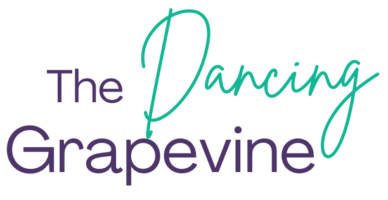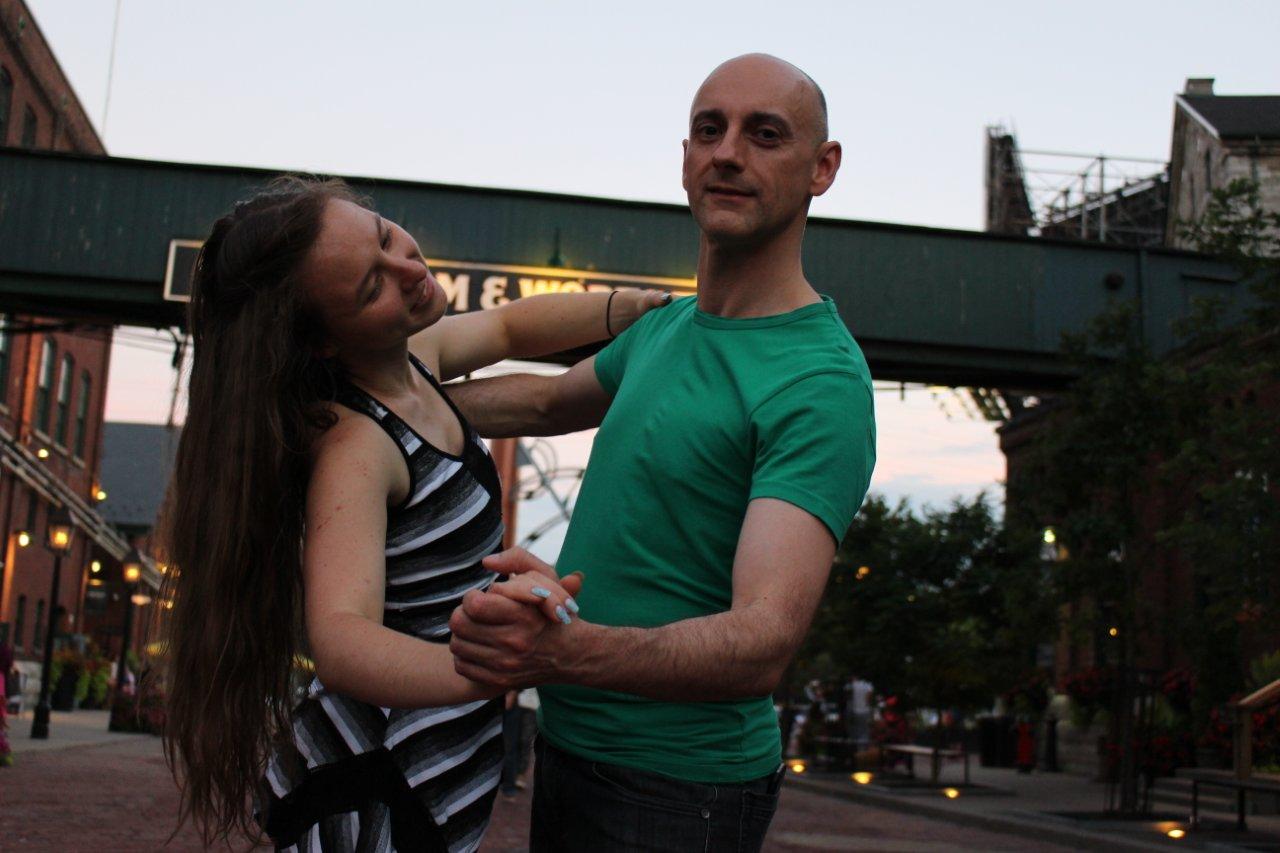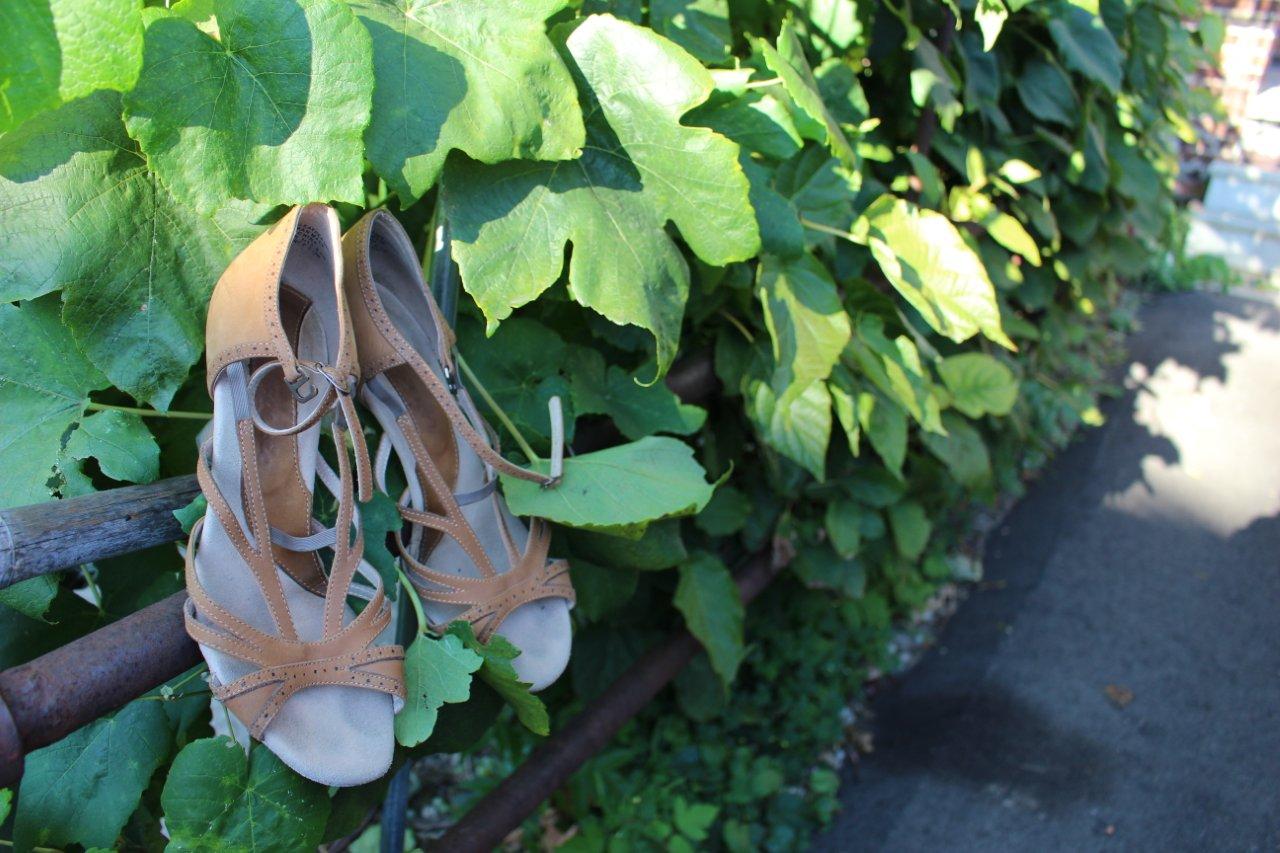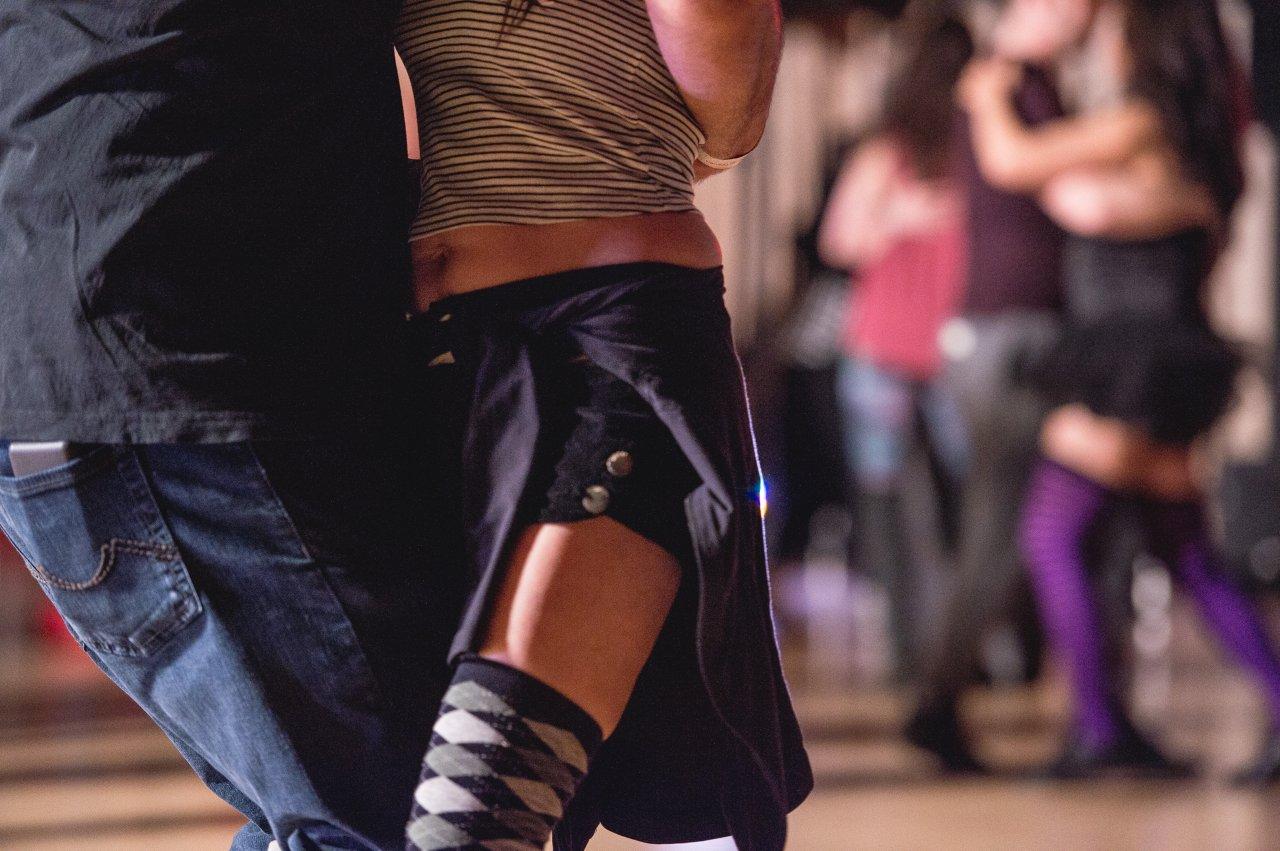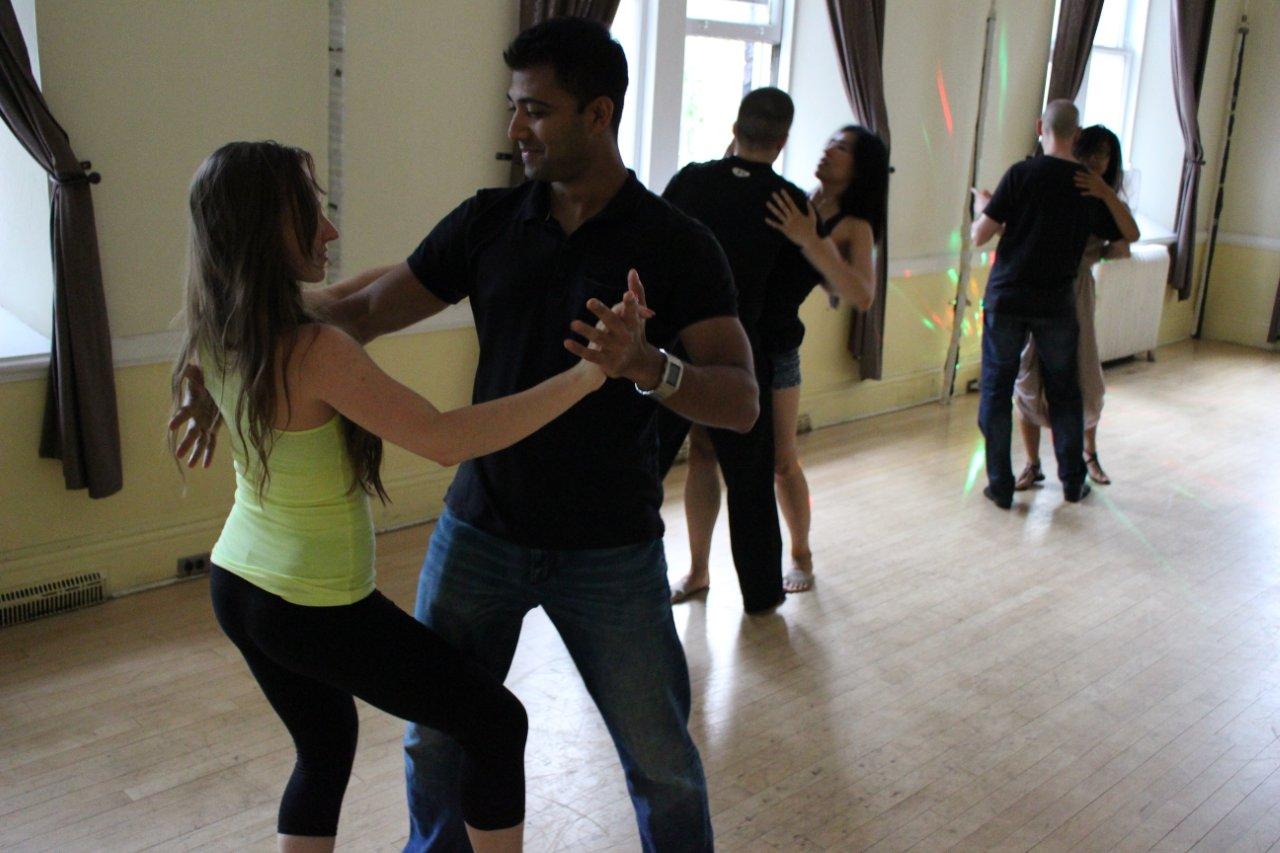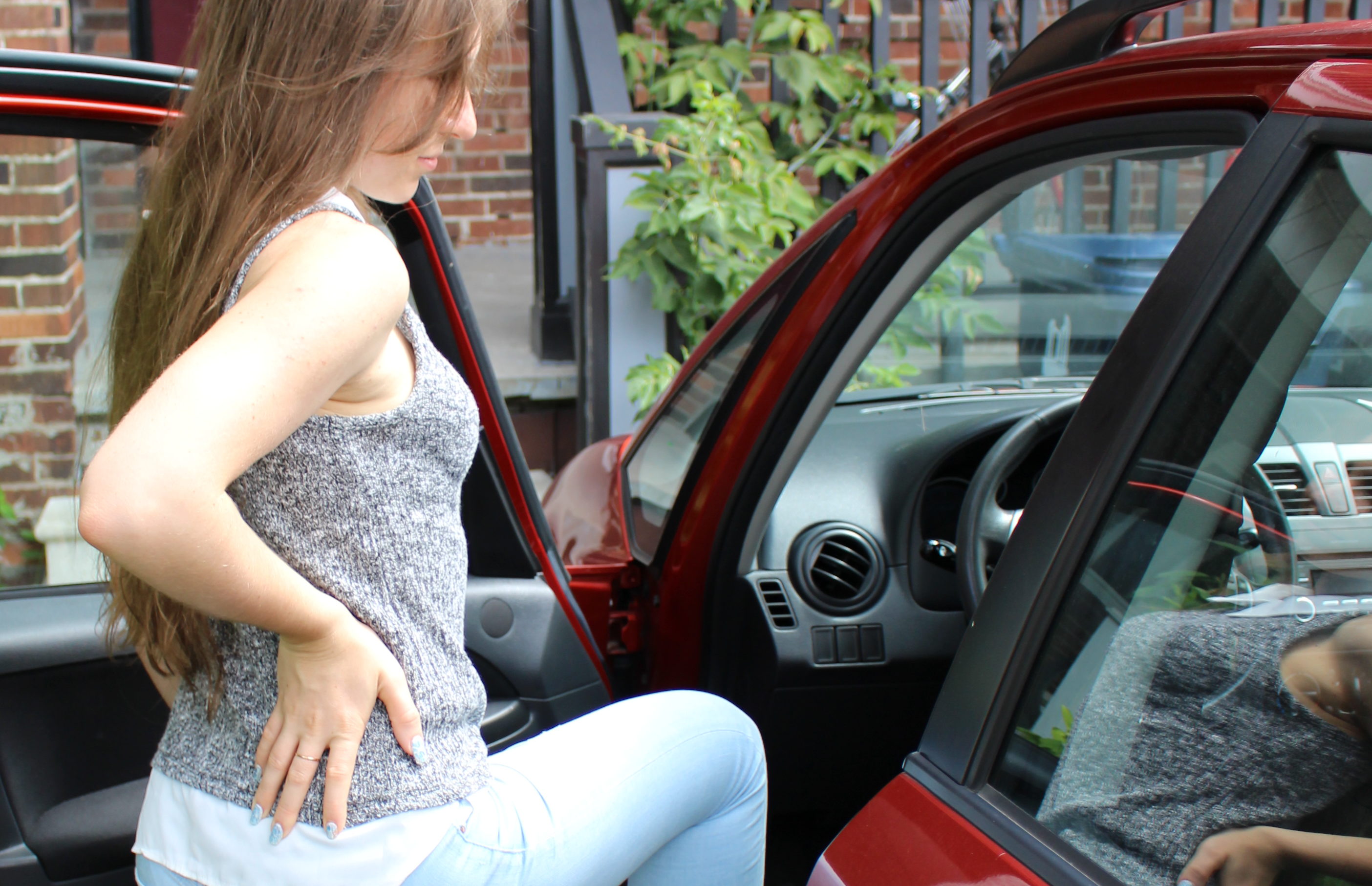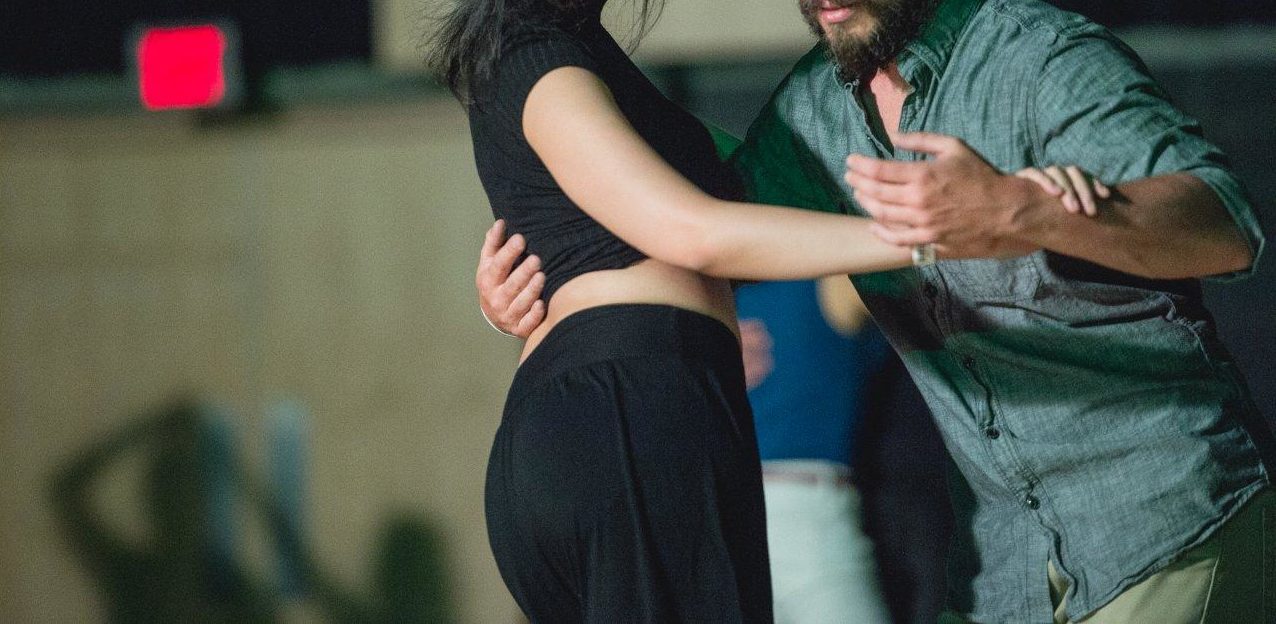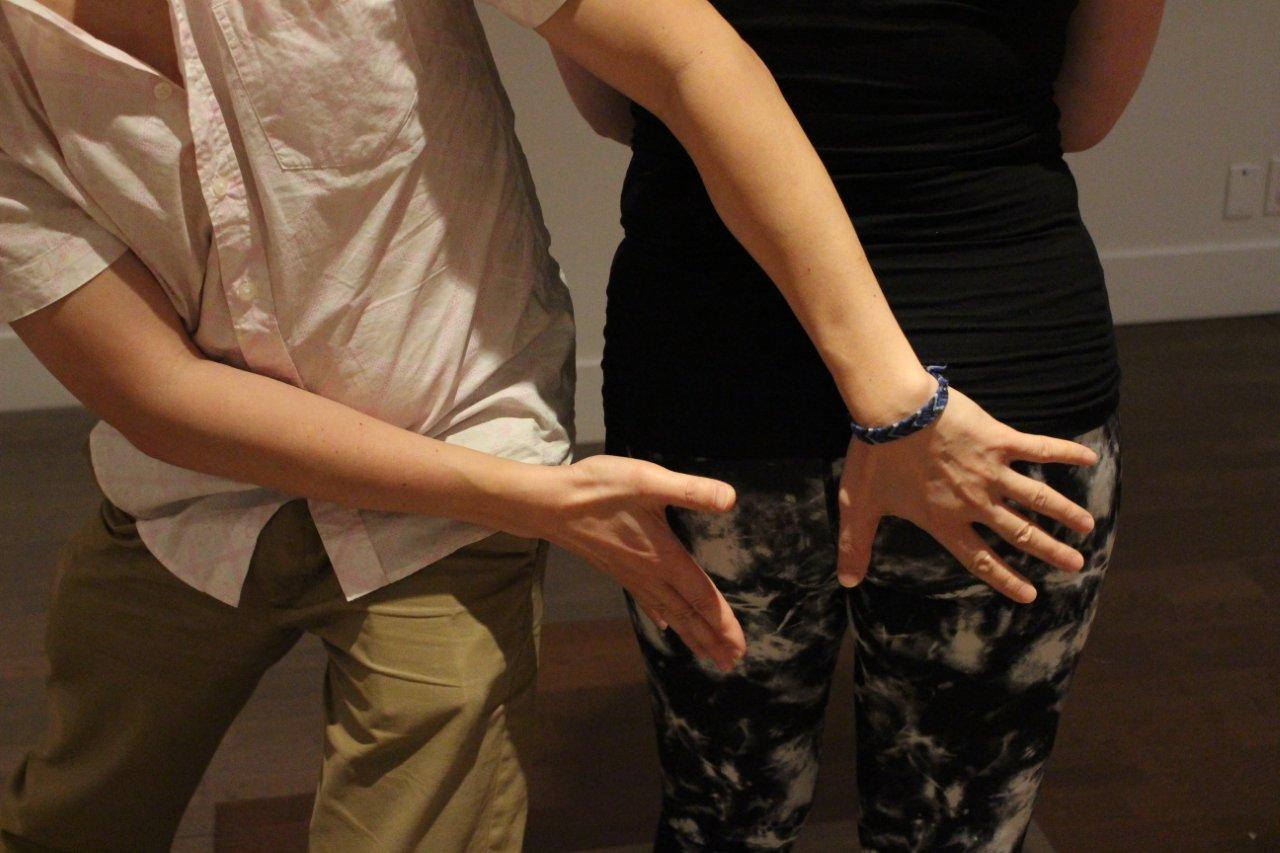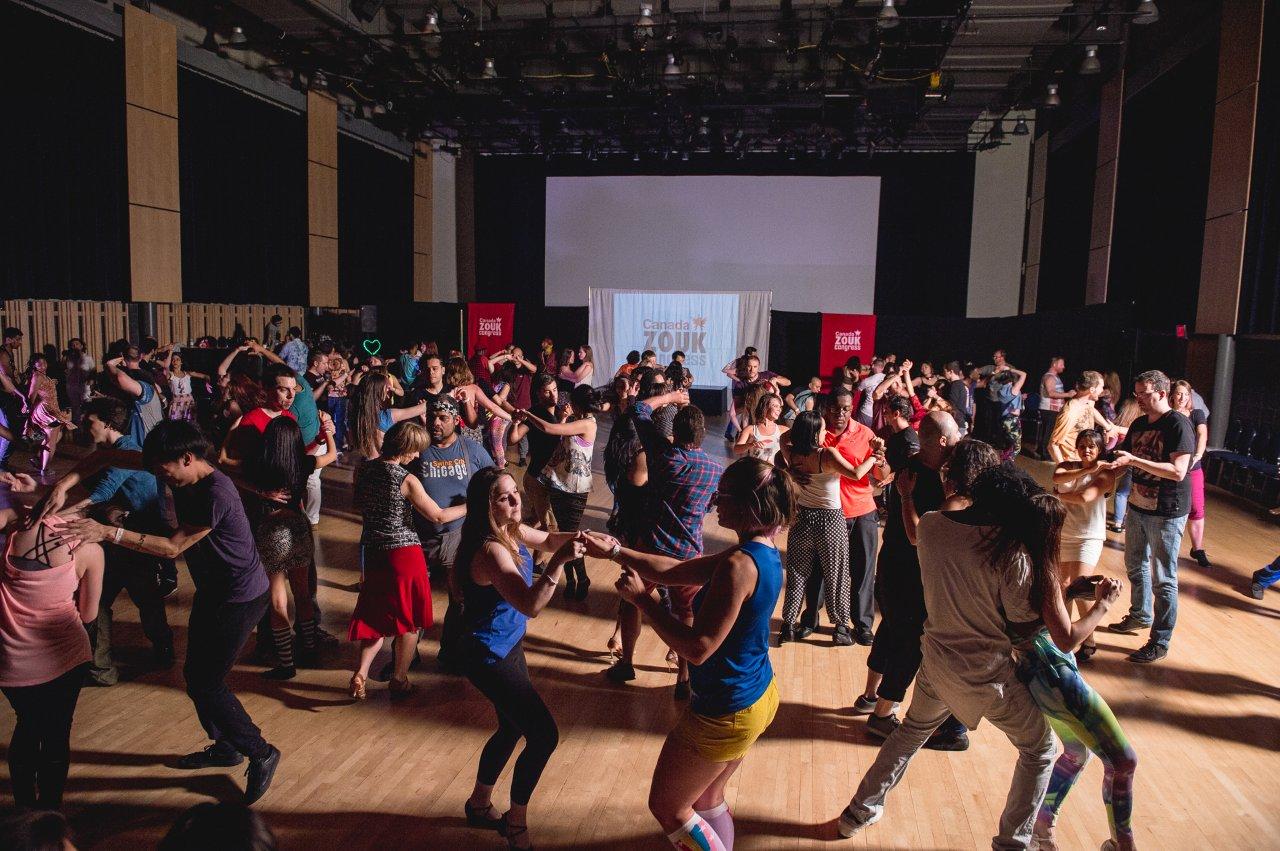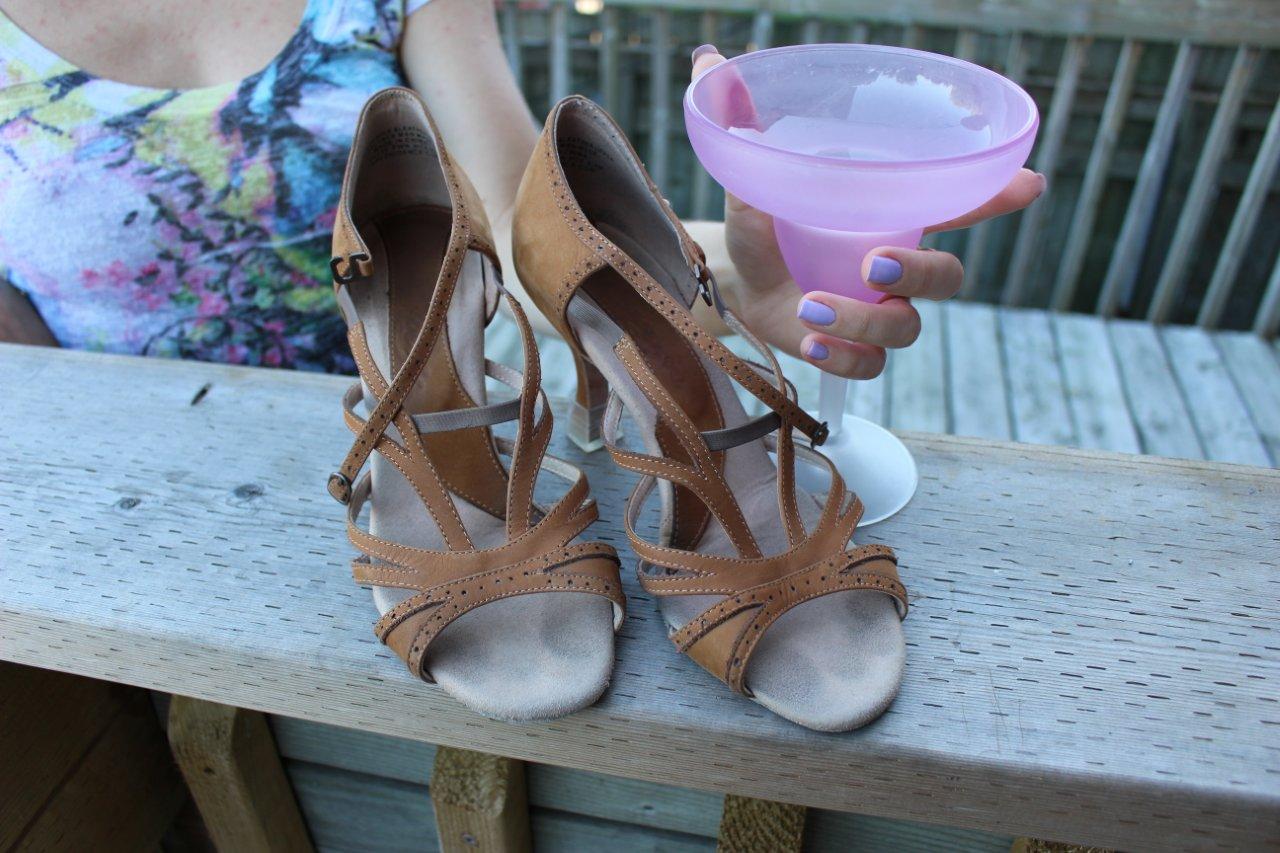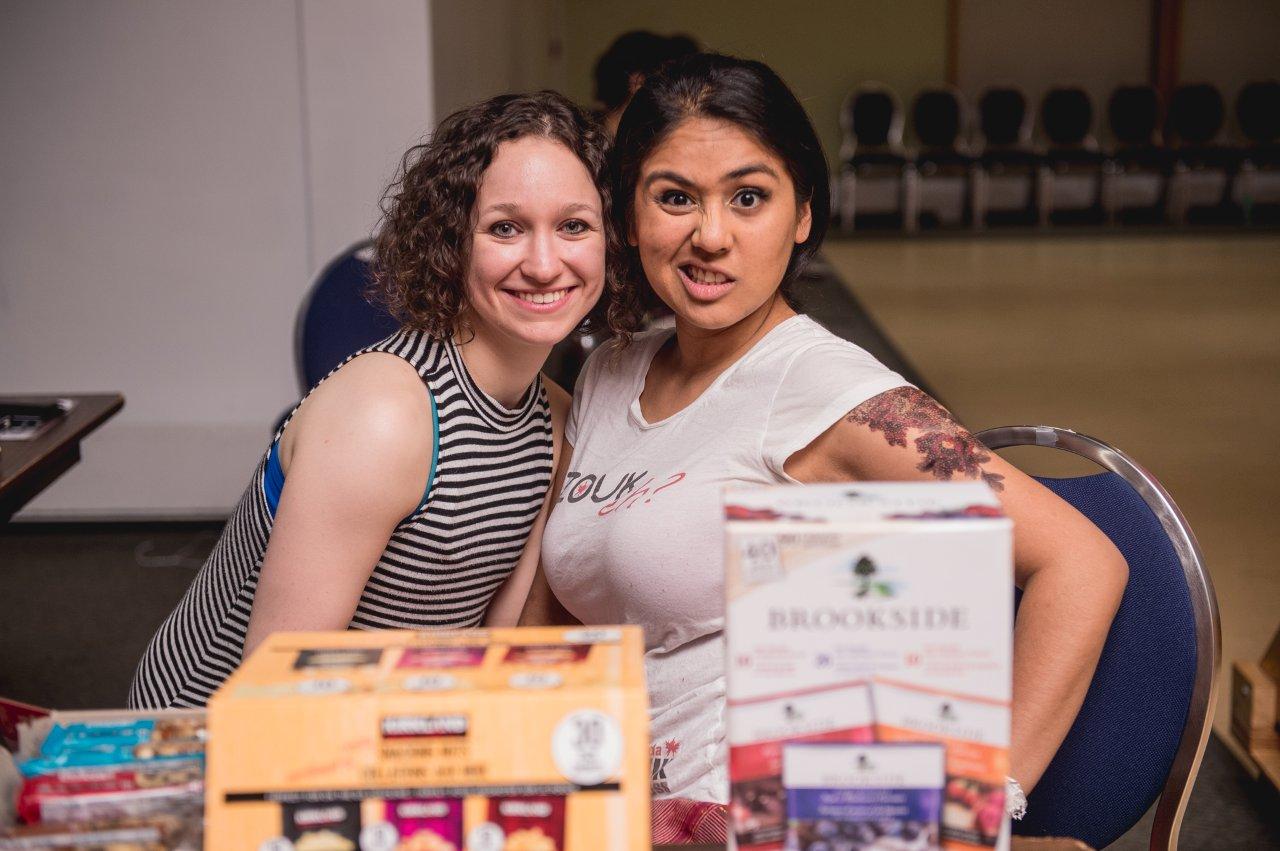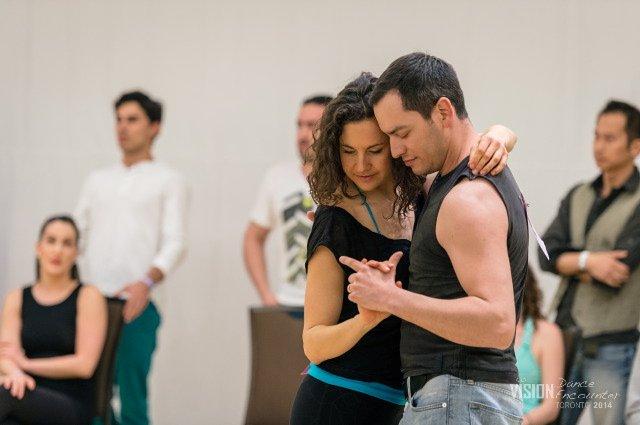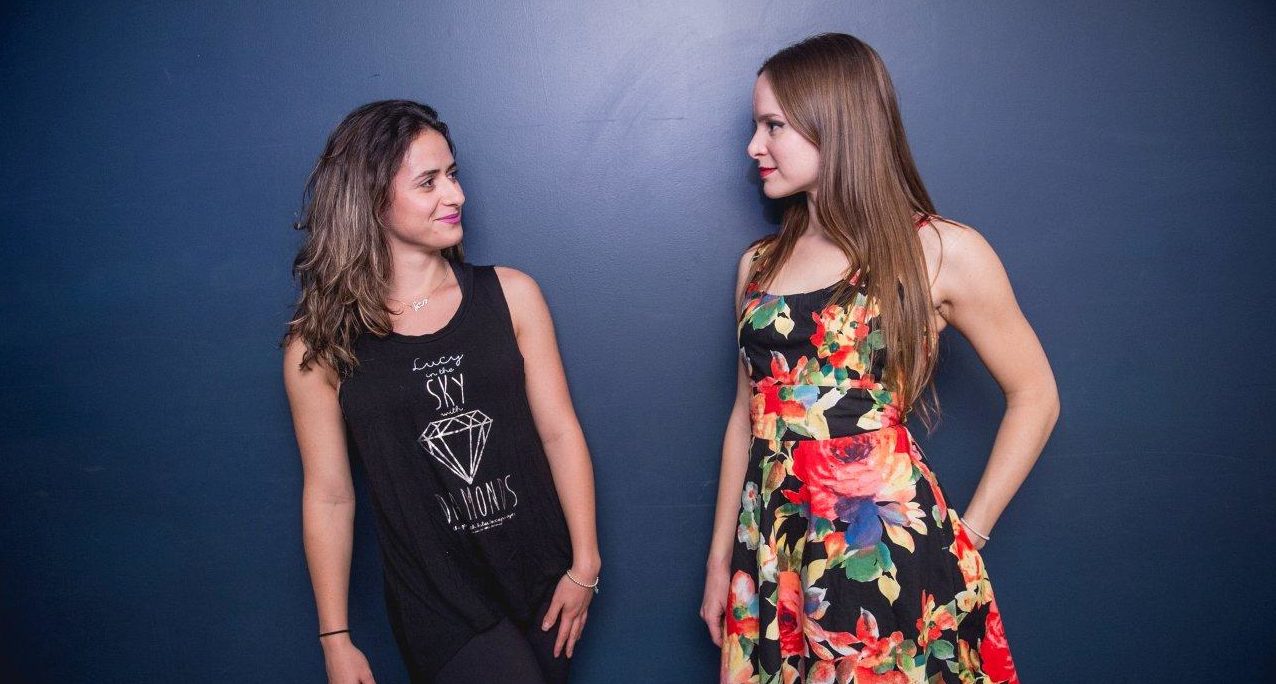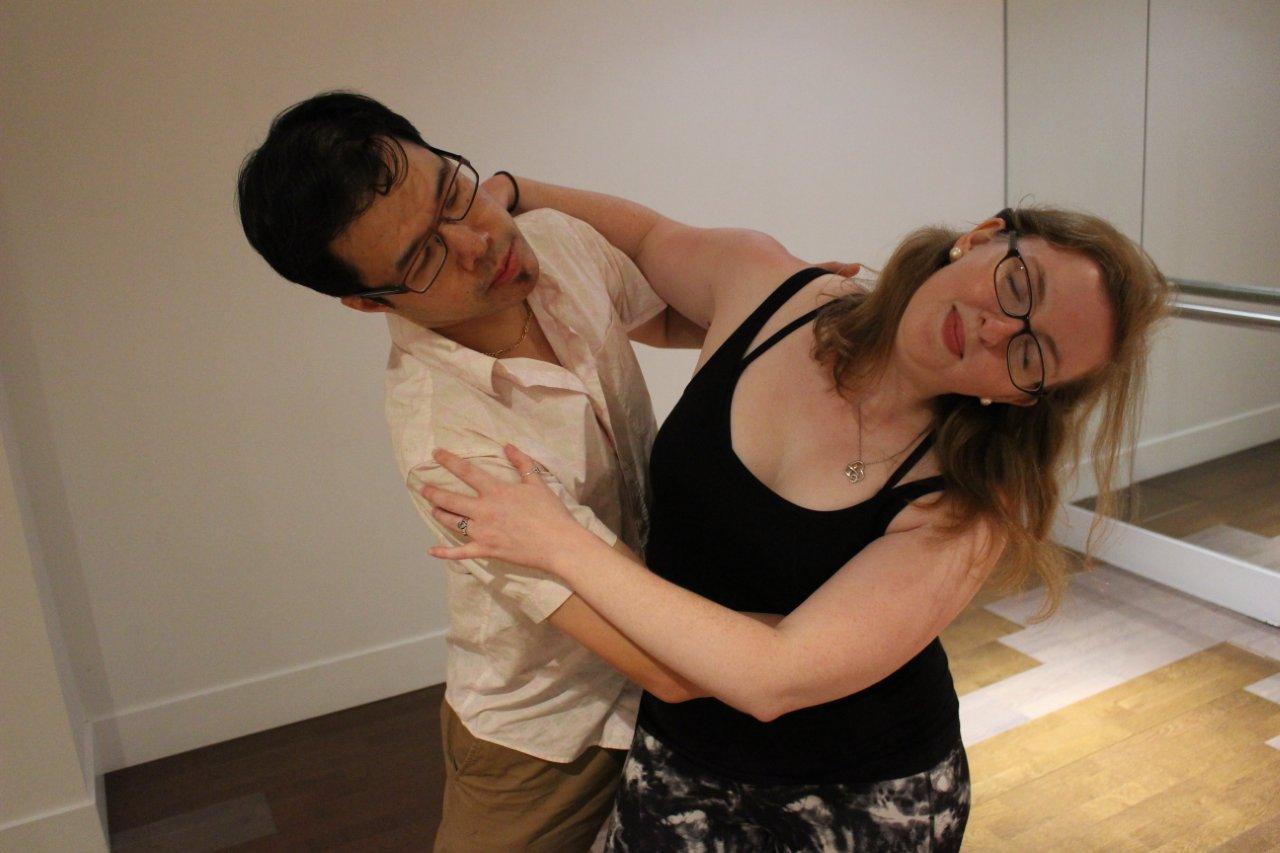Practice partners are a frequently underused resource in dance education and practice. Some people fear that a practice partner will entrench bad habits. Others feel like they can’t ‘learn enough’ working independently without a teacher. Others just get flat-out bored. But, those who have one (or two, or three) swear by them. Are you ready for a practice partner? Most people immediately start thinking about who they would ask to be their practice partner. But, the first thing to ask is if you would make a good practice partner. Until you are ready to really commit to having a practice…
-
-
As social dancers, we navigate a complex world of body language and social relationships. Sometimes, we successfully figure them out. Other times, we don’t. This “Bill of Rights and Obligations” is designed to give all dancers a guideline for how they should expect to be treated, and how they are expected to treat others. Note: “expect to be treated” doesn’t mean that you will be treated that way – but it does mean that if you are not treated that way, it is wrong and should not be tolerated. Bill of Rights You always have the right to: Be treated with human decency at…
-
This past weekend, I was having an enjoyable dance with a guy. The dance was smooth and relatively connected. He moved into a closer hold, and the dance suddenly became distinctly unenjoyable for one reason: His erect penis was on my leg. Unintentional Encounters Most people aren’t trying to rub themselves on us. For those with a penis, there’s a dangly bit there, and sometimes it gets in the way. However, it is the responsibility of the penis owner to manage their bits to keep their partner feeling comfortable. And yes, it’s natural in some dances and positions to feel…
-
So, you’re ready to start social dancing! Maybe you’ve taken a few classes, or perhaps you have a friend who is dragging you out one night this week. Whatever the reason, I hope you have an awesome time. Before you go social dancing, let me help you understand what you should think about before you hit the dance floor. If it’s your 1st time Dancing If you have never danced before, try to find a venue that has a free class beforehand. It makes it significantly easier to meet other people and to navigate the dance floor. Or, go with…
-
Floorcraft: the dance equivalent of driving. Most people are reasonable drivers – but sometimes you get the truck driver who decides doing a U-turn through a red light on a 6-lane road is a great idea (true story). Or, you could be a completely naive country girl driving for the first time in a big city that accidentally drives the wrong way into the underground streetcars-only lane (It was poorly marked, looked like a normal left turn, and this story is definitely not about me.) Floorcraft is the same. On any given floor, you have people who are: Good at it (normal, experienced people),…
-
For most experienced dancers, there are a few things that are known to be ‘common sense’ courtesy. I’m not talking about complex etiquette systems found in some dances (ex: the Cabeco in Tango), but rather things that are the base of general social dance etiquette. Despite the fact that these items are common sense, they’re frequently underappreciated by newcomers to the scene. Or, on occasion, social dancers who aren’t fortunate enough to be educated by their peers. Today, we’re laying out the bare-bones etiquette every social dancer – experienced or new – should know before hitting the dance floor. 1. Shower…
-
No one enjoys a dance creep. They’re the ones who won’t take ‘No’ for an answer, dance a little-too-close, and won’t leave you alone on Facebook for weeks. The really bad ones also try to get handsy on the floor, or will do crazy stuff like follow you to your car or room. A dance creep is anyone who engages in behavior that makes those around them feel uncomfortable or threatened. Dance creeps can be men or women. They can be any age, or dance level. They can be intentionally or unintentionally doing the creepy behavior. So, what can we do…
-
So, you’ve taken the plunge. You went online and bought your first congress ticket. Congratulations! Maybe your friend talked you into it. Or, perhaps the event caught your eye and you really want a vacation. Whatever the reason, you will never forget your first event. A lot of first-timers get nervous before their first event. Most of this stems from not knowing what to expect! Let’s fix that. There’s two types of first-time attendees: beginner dancers, and people who have been dancing for a while but never traveled. Tips for beginner dancers [showhide type=”answer1″ more_text=”Show Tips” less_text=”Hide Tips” hidden=”yes”] Attend beginner or…
-
Ever had a question about your dance shoes? The answer is probably here! Buying dance shoes Q1: “Do I need dance shoes?” [showhide type=”answer1″ more_text=”Show Answer” less_text=”Hide Answer” hidden=”yes”] If you’re planning on dancing regularly (even if 1-2 times a month), dance shoes will make your life significantly easier. Most people don’t realize how big the difference is until they try dance shoes for the first time. Dance shoes help you: Balance better, Turn without stress on your joints, ‘Feel the floor’ more, and Manipulate the foot better. Most dance shoes have a suede sole – though others have synthetic soles…
-
Almost every event is constantly looking for volunteers. How do you know if volunteering is the right decision for you? Some people volunteer because they can’t afford an event. Other people volunteer because they find it more enjoyable than simply being an attendee! How do you know if you’re one of those people who will enjoy volunteering? And, if you want to volunteer, what questions should you ask yourself before you do?
-
Do any of these phrases sound familiar? “I’m heavy, so people won’t dance with me – even though I’m an awesome dancer.” “If I was younger, people would dance with me more.” “They’re only dancing with her because she’s hot. She can’t dance.” “If she wasn’t a dance snob, she’d like dancing with me.” “She only dances with super-flashy, ‘advanced’ dancers. She has no appreciation of my solid basics!’ “I’m a beginner, so no one will dance with me because I’m not good enough.”
-
Ask almost any dancer, and they’ll tell you that there are some KILLER habits that have nothing to do with your actual ability to dance. When I say ‘killer’, I don’t mean super-cool; I mean they will kill your desirability as a dance partner. For some people, these things are obvious. Others have (somehow) avoided hearing about these tricks. Last, there are those who know the tricks and think they’re doing OK – but in actuality are the worst offenders.
-
Hands are magical. They’re one of the most sensitive parts of the human body, and can even feel large microscopic molecules on a flat surface. We also generally rely pretty heavily on the hands for social dancing. Of course, it is possible to not use the hands in social dancing – but it is difficult. But, there are things that your hands can do in social dancing that you may not think about regularly.
-
There are two truths I’ve learned in both dance and life about relating to people: Being assertive about your needs, wants, and rights is important; and, Being kind, polite and respectful is one of the best ways to deal with people. Several dance communities have recently been having a very important discussion of the role of consent, personal space, and our ‘rights’ as dancers. This is a long-overdue discussion – but I want to highlight one risk we run in our quest for assertiveness: We run the risk of becoming unnecessarily mean or rude.
-
Do you consider yourself an open person when it comes to hearing about what you can improve? Funnily enough, most of us do consider ourselves open to feedback. Yet, from external experience, we know that there are quite a few dancers who do not take feedback well. This means that there are some dancers who consider themselves quite open to feedback – but who actually take feedback relatively poorly.
